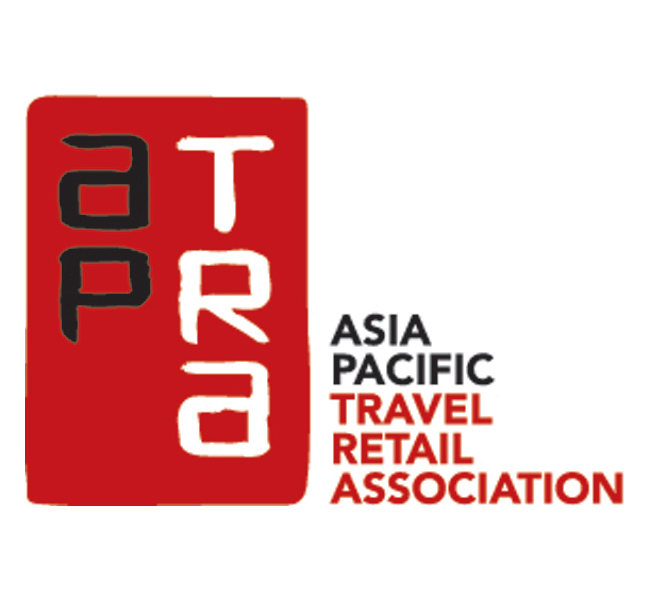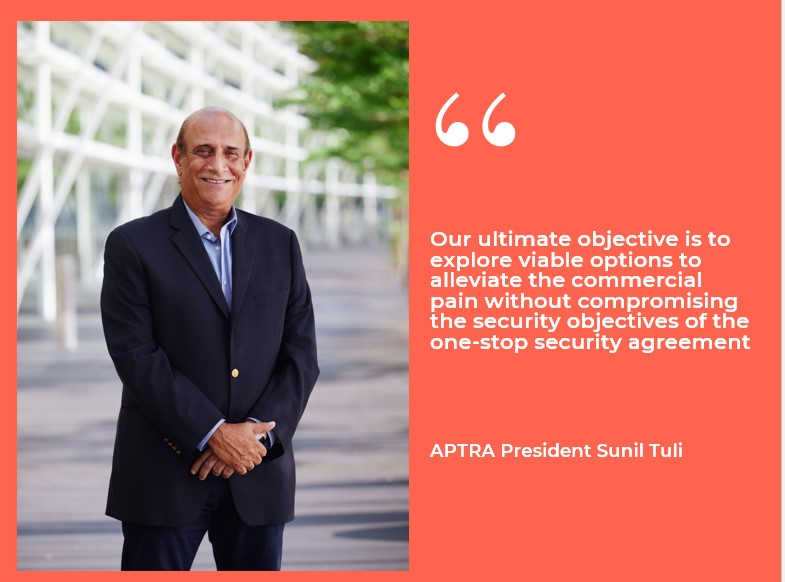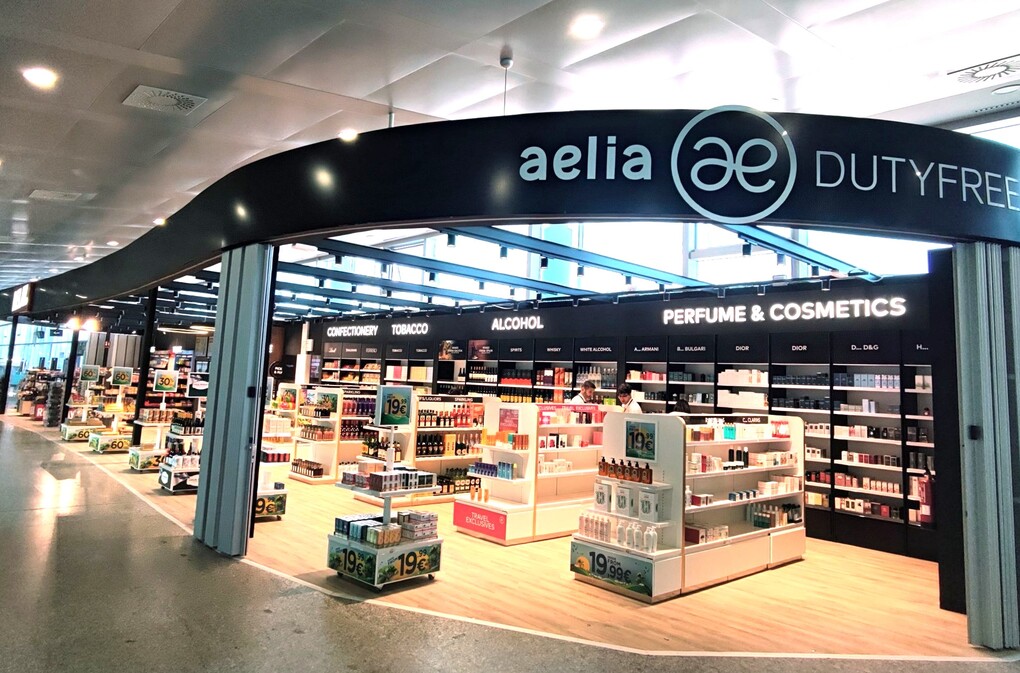 ASIA PACIFIC. The Asia Pacific Travel Retail Association (APTRA) has released an update on its efforts to resolve a ban implemented last November on the carriage of liquids, aerosols and gels (LAGs) bought at their originating airport by EU-bound passengers who later transit through Singapore Changi Airport.
ASIA PACIFIC. The Asia Pacific Travel Retail Association (APTRA) has released an update on its efforts to resolve a ban implemented last November on the carriage of liquids, aerosols and gels (LAGs) bought at their originating airport by EU-bound passengers who later transit through Singapore Changi Airport.
EU-bound passengers starting their journey at Changi (or transit passengers buying LAGs at the Singapore gateway) are unaffected by the ruling, which penalises retailers (and affects consumers) at the orginating airport.
The complex background to the issue centres on a one stop security (OSS) agreement made made between the European Commission and Singapore in 2018. This stipulated that passengers transiting through Changi en route to an EU destination would no longer be able to carry liquids or gels over 100ml in their hand luggage.
Although the agreement was made in 2018, implementation was delayed until 15 November 2022 by the pandemic.
The measure is part of the OSS agreement’s intention to streamline the transfer process for passengers when they first arrive in the EU before transferring to another EU destination, eliminating the need to go through security checks a second time.
Since November 2022, APTRA has been liaising with retailers, suppliers and airports in Australia, New Zealand, Taiwan and Singapore regarding the security procedure.

APTRA noted that at the time of the agreement the European Commission stated its intention was to strengthen aviation security rules globally and to avoid duplication of procedures. This would save time and cut costs for airport operators and airlines, while improving the passenger experience, the Commission argued.
APTRA President Sunil Tuli (who is also King Power Group Hong Kong CEO) commented: “Security is absolutely the top priority in aviation and APTRA fully supports that imperative.
“However, the repercussions of this new procedure have created an adverse commercial impact on retailers and airports in the main countries of origin that hub through Changi to Europe, notably Australia, New Zealand and Taiwan.
“As the industry’s regional trade association it is important for APTRA to take the lead in gaining a better understanding of the security protocol, gather facts on the ramifications for retailers and suppliers and to proactively seek solutions.
“We have been liaising closely with retailers, suppliers, airports and with government representatives since November, including in-person meetings with senior officials from the Singapore Ministry of Transport and the Security Executive at Changi Airport Group.
‘Given the obvious sensitivity around aviation security, we are unable to share more specific details of conversations relating to operational security measures.
“This is a protracted and ongoing issue, and our ultimate objective is to explore viable options to alleviate the commercial pain without compromising the security objectives of the OSS.”
During TFWA Asia Pacific in Singapore last month, APTRA and members of the Duty Free World Council held what APTRA called a constructive meeting with senior security representatives from Changi Airport. The trade associations explained the concerns of travel retailers and suppliers and sought an understanding of the requirements that Changi is having to work to in line with the OSS arrangement.
APTRA said its immediate priorities are to investigate and scope out with relevant stakeholders, the feasibility of solutions such as location-identifiable Security tamper-evident bags (STEBs). ✈













